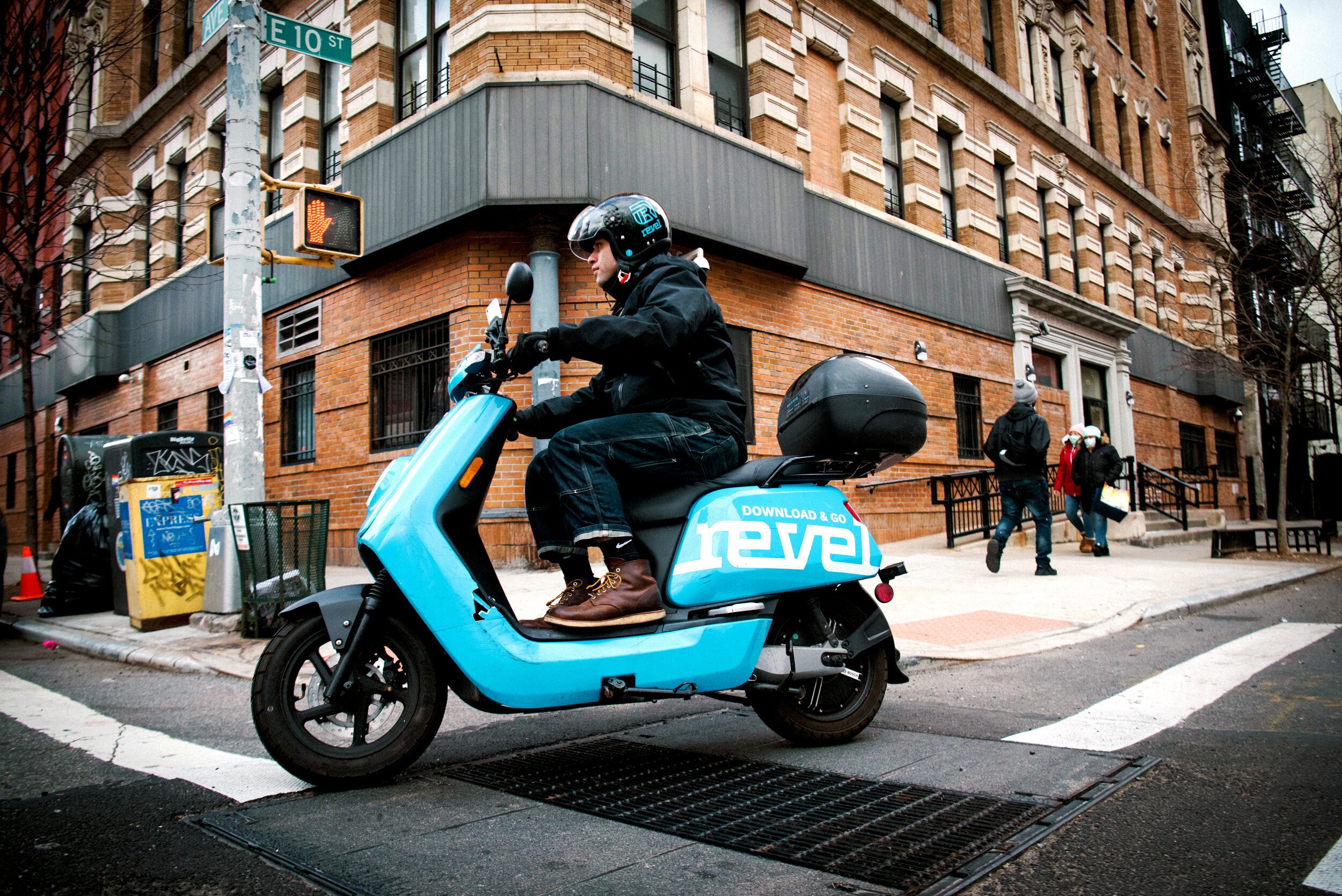How Affordable, Accessible Micromobility Will Help New York City Recover
Why options like bike share, e-bikes, and e-mopeds must be part of our post-Covid transportation landscape
A Partner Post from our friends at Revel
In the last year, Covid has dramatically changed urban life. Along with the tragic health and economic impacts of the pandemic, Covid has also upended our daily rituals, including the way we move around our cities.
For millions of New Yorkers, the pandemic has halted one of our most formative and unifying experiences: riding the subway. Starting in March 2020, subway ridership in the city fell 90 percent, creating a budget challenge for the MTA and raising the critical question of how people would get around instead.
New Yorkers who chose to eliminate or limit their use of the subway were left with a few options: walking, which isn’t feasible for longer trips; buying a car, which is expensive and contributes to air pollution if it’s gas-powered; using ridehail platforms, which participate in deadheading (driving around without passengers, thus adding to traffic congestion and air pollution); or, finally, turning to micromobility solutions like personal bikes and e-bikes or shared bikes and electric mopeds.
Fortunately, many chose the last option, attracted to the physically-distant, inexpensive and environmentally-friendly nature of micromobilty. Bike sales spiked nationwide starting in the first months of the pandemic, while shared services like Citi Bike and Revel rebounded from an initial dip in NYC ridership with record-setting numbers. By the late summer of 2020, Citi Bike usage had risen to higher than the previous year, despite many New Yorkers still working from home. Revel saw our daily trips in NYC go from an average of around 4,500 pre-Covid (the first half of March) to a peak of over 28,000 at the height of the summer.
These encouraging trends point to a future in which even more widespread adoption of micromobility could reduce air pollution, reduce traffic congestion and crashes and continue chipping away at New York City’s deep-rooted car culture. Micromobility will also have a more immediate role to play as the city recovers from the pandemic — subway ridership will likely continue to be slow to recover, and the MTA is considering making cuts to its subway and bus service to help stem its Covid-related budget crisis.
There is a clear and urgent need for more micromobility options. In a perfect world, options like bikes, e-bikes, and moped sharing would be able to quickly and responsively expand across New York City, with people of different needs and zip codes all finding a solution that worked for them. In reality, there are still major roadblocks preventing this from happening, many of which are related to access.
Two major access-related problems are cost and availability: micromobility options are simply too expensive for some New Yorkers, and are less frequently available in many of the transit deserts that exist in underserved communities (which are often the same neighborhoods hardest hit by Covid and home to high concentrations of essential workers).
At Revel, we’ve worked to address both of these issues. We offer a 50 percent discount for New Yorkers on public assistance and a 40 percent discount to active duty military and veterans, and have also offered discounts or free rides to frontline workers including healthcare workers, vaccine providers, local restaurant workers and teachers or school staff.
We’ve also worked to expand our service area into historically underserved neighborhoods like the South and Central Bronx. These communities have heard countless promises over the years about increased access to transportation, but when we saw the toll Covid was taking we knew we could provide an immediate option. We launched our Bronx service in April 2020, and by the end of the year more than 260,000 rides had been taken that started or ended in the borough, totaling over 1 million miles. In the months to come, we’re looking to bring our service to more underserved areas including parts of South and Central Brooklyn and Central Queens.
Though Revel is proud of the work we’ve done to increase access to micromobility in New York City, we know that we’re far from alone in this fight. Other companies have stepped up to make commuting easier for essential workers and have committed to reaching more transit deserts, and organizations like Transportation Alternatives have led the way in advocating for changes that would make two-wheeled modes a focus rather than an afterthought in street design and infrastructure.
Working together, we’ll continue making real progress towards one of the most important goals for post-pandemic life in New York City: a diverse, affordable and accessible network of mobility options operating on safer streets and in cleaner air. Riding the subway may once again become a defining part of being a New Yorker, but it’s high time that using micromobility is, too.

